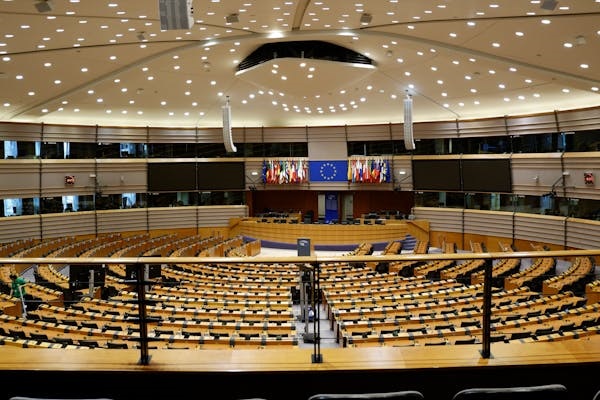MEPs in the European Parliament have drafted a motion for a resolution rejecting the European Commission’s proposal to remove the United Arab Emirates, Gibraltar and Panama from the list of high-risk third countries with strategic deficiencies in their Anti-Money Laundering and Countering the Financing of Terrorism (AML/CFT) regimes.
As previously reported, the European Commission published a proposed regulation in March 2024 that would remove these three jurisdictions, as well as Barbados and and Uganda. The proposed regulation would also add Kenya and Namibia to the list.
The Commission had taken the decision to remove Gibraltar from its list based on information from the Financial Action Task Force, which had earlier removed the countries from its own “grey list” of high-risk countries.
But on 23 April, MEPs voted overwhelmingly to reject the commission’s position in respect of all those countries, with 490 in favour of the motion opposing the decision, 64 against and 56 abstentions.
The Gibraltar Chronicle reported the Gibraltar Government’s reaction, saying it was “disappointed” by the European Parliament’s vote, which it stressed did not impact the FATF’s decision to remove Gibraltar from its grey list.
“In sharp contrast, the European Parliament’s view is clearly not the result of any technical assessment,” the government statement said.
“Neither is it the product of any in depth evaluation or investigation into the work of the Gibraltarian authorities.
“Instead, it is a position poisoned by politics, promulgated by hostile Partido Popular, Vox and Ciudadanos actors within the European Parliament, including Jose Manuel Garcia-Margallo MEP.”
In contrast, Transparency International EU welcomed the European Parliament’s vote in a statement.
Roland Papp, senior policy officer for Illicit Financial Flows at TI EU, said: “The European Parliament has today rightly recognised that it is far too early to delist the United Arab Emirates as a high-risk third country. The Commission should be pressuring countries to tighten their rules, not encouraging complacency in the fight against financial crime.”





